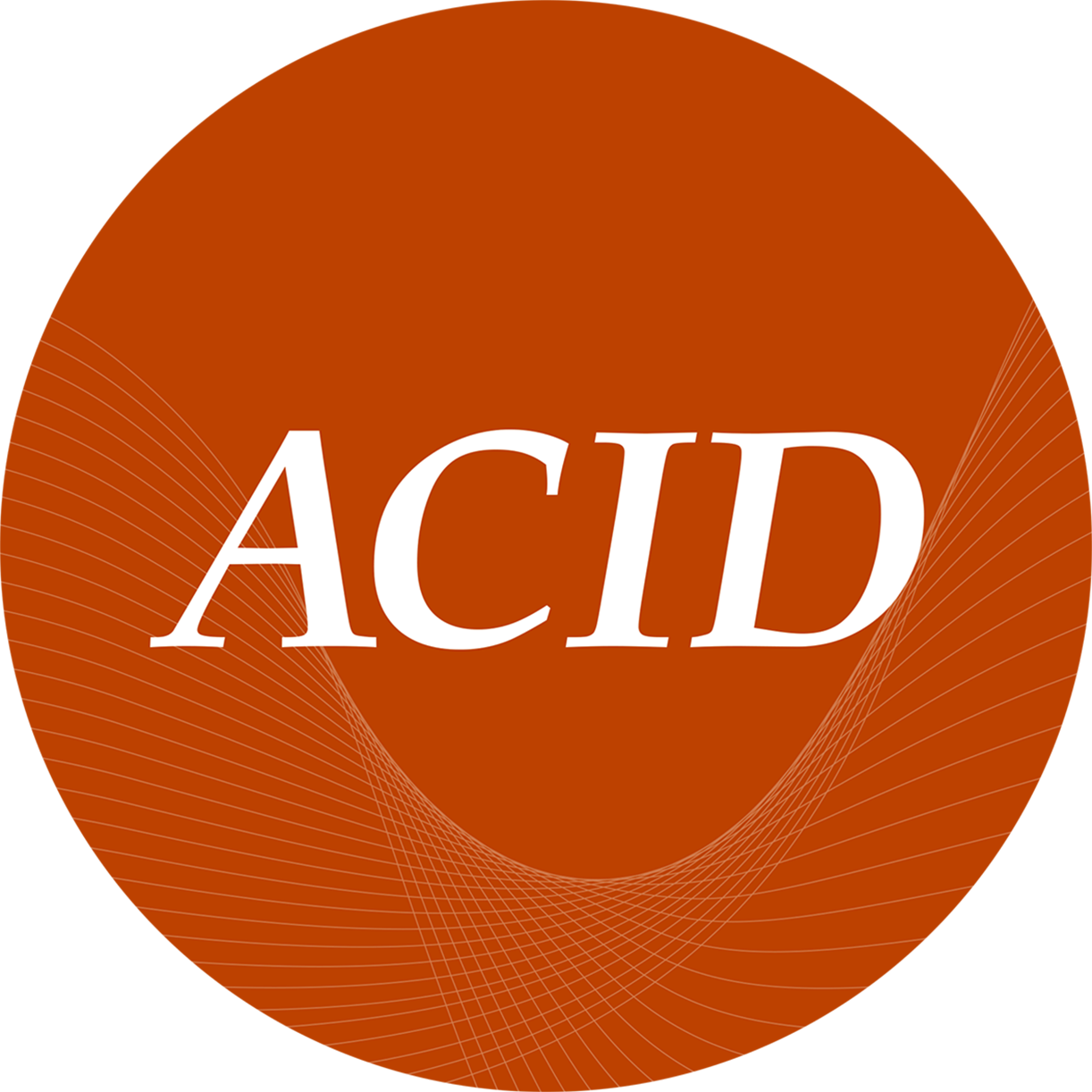I am Shengmin Yan, an Assistant Professor in the Department of Pathology and Laboratory Medicine at Tulane University School of Medicine. My research focuses on the mechanisms of liver injury in the context of liver diseases and hepatotoxicity. This includes both basic and translational studies on alcohol-associated liver disease (ALD), environmental hepatotoxicity, and metabolic dysfunction-associated steatotic liver disease (MASLD). I laid the groundwork for the proposed research by developing effective in vivo animal models and in vitro models, and by applying novel techniques such as spatial transcriptomics, single-cell RNA sequencing, bulk RNA sequencing, metabolome analysis, miRNA array, proteomic analysis, 16S sequencing analysis, and other molecular biology technologies. My doctoral thesis focused on the mechanistic discoveries of the hepatotoxicity of perfluorooctanoic acid (PFOA). Specifically, I identified alterations in circulating microRNA profiles in mice following PFOA exposure and elucidated several novel mechanisms, including the activation of SREBPs, inhibition of autophagy, and activation of ER stress in PFOA-induced hepatic steatosis and injury. My postdoctoral work has extended my expertise in hepatotoxicity to include autophagy-related liver dysfunction, ALD, and MASLD. Using multiple mouse strains, I tested the impact of hepatic autophagy deficiency on ALD and the impact of gut microbiota on autophagy deficiency-induced liver dysfunction and diet-induced obesity. My current research project is centered on understanding the role of cholestasis in the development and progression of ALD. Specifically, I am investigating the mechanisms by which alcohol triggers biliary dysfunction and the role of bile acids in the progression of ALD. My recent work has developed a new mouse model to understand the mechanism and role of cholestasis in ALD. Leveraging this new model, I have found that neutrophils are critical for AH triggered by an additional cholestatic insult in mice. Moreover, I am exploring the impact of bile acid-mediated cell death pathways on ALD development and progression, which will provide new insights into the underlying mechanisms of the disease and identify potential therapeutic targets. Apart from my research, I am dedicated to contributing meaningfully to the broader scientific community. I strive to publish high-quality research in top-tier journals, secure funding from both private and government sources, and present my findings at national and international scientific meetings. I collaborate with other researchers at Tulane and believe that my research will make significant contributions to advancing the field of ALD. I am enthusiastic about the potential for collaboration with other researchers and students and am confident that my research will provide valuable insights into the complexities of liver diseases.









